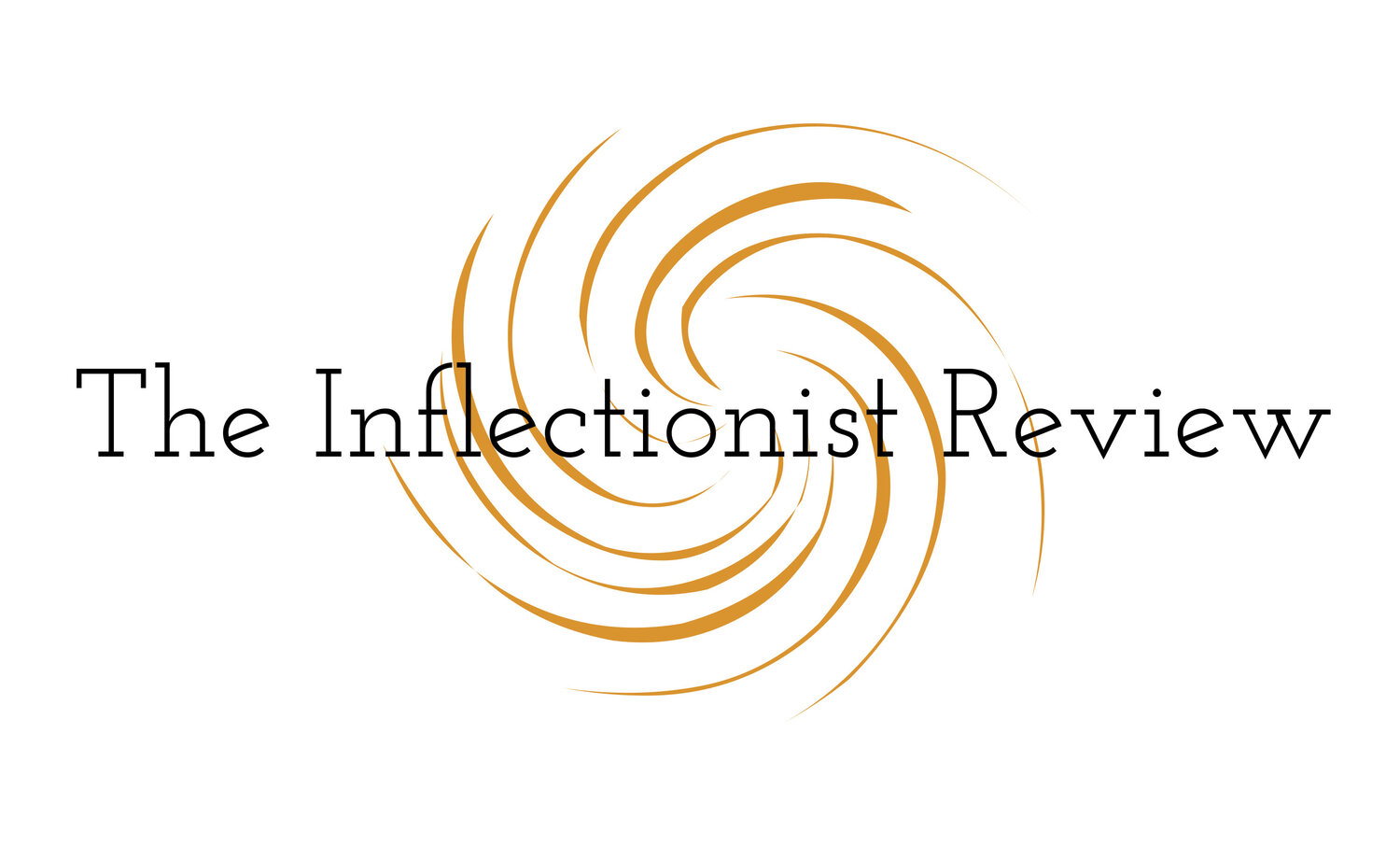Douglas W. Milliken reviews
Paper Money
by Winshen Liu
Paper Money
by Winshen Liu
Driftwood Press
2025
Paperback, 48 pages
$9.99
Any discourse on mortality (which is to say, impermanence) even by exclusion becomes a conversation about immortality—that which is permanent—and the uncertain in-between where our memory exists. How we remember those who are gone. How we’ll be remembered by those who carry on after us.
In this way, poet Winshu Liu’s debut collection, Paper Money, is a meditation on this nebulous space between life and death where our inner lives unfold and the measure of our actions are weighed against the future. A place where both hope and futility reside. In her poem “The Poor Man’s Tax,” Liu describes a compound memory of all the times her father would stop at an out-of-the-way convenience store to buy lottery tickets, “spending one-dollar / gas to buy two-dollar paper, how all I saw // was an augury of loss.” It’s a sentiment echoed just a few pages later in “樹葬 (shù zàng),” a funerary poem that concludes “I will burn paper money for you.”
Taken together, these passages—representative as they may be—might suggest Paper Money in its totality to likewise be an augury of loss. Instead, the collection illustrates the quality of one woman’s recollections about the many things that can never be reclaimed. In language both vibrant and succinct and almost always surgically precise, Liu swiftly yet delicately reconstructs the memories of preparing a simple meal for the dying, of her mother revealing her greatest fear, of launching a kite and the way the “wind // floated my grandfather’s laugh, as the two of us, the only ones / on the field, tugged a flying fish across the upturned lake.”
It’s the quality of these memories—tender, intimate, giving—that in turn illustrates the quality of her family’s love, each poem radiating a sense of austere plenitude, a bounty both tangible and intangible in the face of exclusion and lack. While her immigrant forebears would sleep side by side “on the thirdhand couch, each wearing four coats” to stay warm through the night—an incredibly astute and impactful image of the basic hardships and practical solutions many immigrants endure to gain a financial foothold in a new country—they also demonstrate and pass on to Liu and her family the exquisite joy (and furthermore, the recognition of joy) found in eating a perfectly ripe peach, in “a chorus of cricket chirps” in a sleeping lover’s breath, in splitting a sandwich rather than eating lunch alone.
The lesson here seems obvious: to share your little bit of something good is better than anything you can hoard for yourself. Your accumulated paper wealth, for all its actual worth, might as well join you in your crematory vault. It’s what is freely given—be it a surprise treat of streetcorner baos or the blessing of the kindest nickname—that makes the memory of your passage through life worth remembering. In this way, Paper Money is not so much about what is lost but an unsentimental acknowledgement of the finest fleeting gifts the poet has been given and maybe hopes someday to give again.
Winshen Liu’s poetry has appeared in Cincinnati Review, Electric Literature, The Malahat Review, and The Rumpus, among others. She is grateful to the University of Mississippi faculty for their mentorship and the de Groot Foundation for supporting her work. In addition to writing, she loves long-distance train travel, baking and bakeries, and stickers.
Douglas W. Milliken is a queer composer, artist, and writer based in Saco, Maine. The author of several books—most recently the novel Enclosure Architect and the experimental family history Any Less You—he is also a founding member of the post-jazz chamber septet The Plaster Cramp. His honors include a Pushcart Prize and awards from the Maine Writers and Publishers Alliance, Glimmer Train, and RA & Pin Drop Studios, among others. www.douglaswmilliken.com

